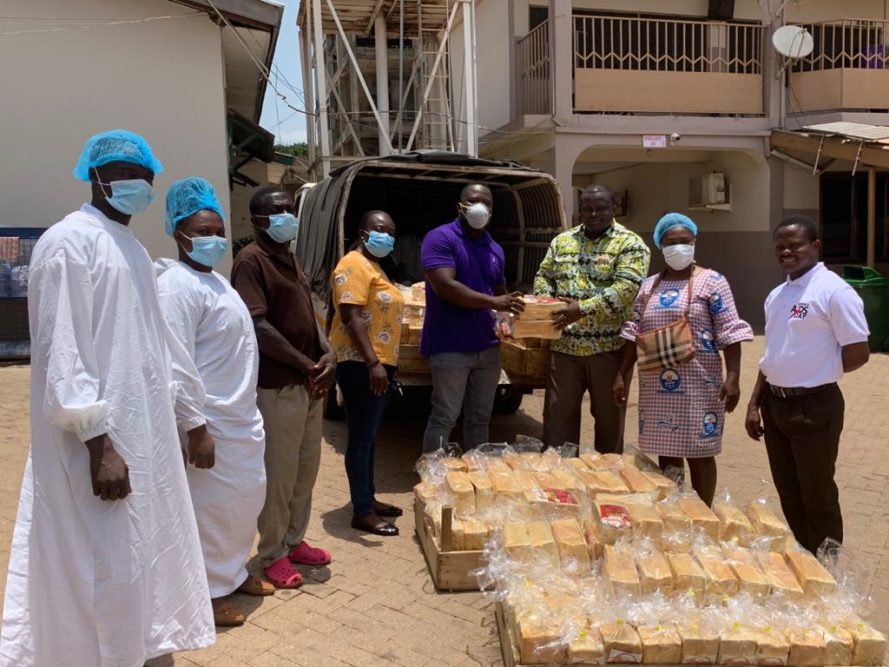LONDON, ENGLAND — In response to the coronavirus pandemic, Olam International has committed $5.7 million in financial and in-kind donations for farmers and rural communities.
Over the next six months, the company said it would be mobilizing partnerships to provide 40,000 vulnerable households with food and health kits and support food crop production, crop diversification and storage capacity for 40,000 households. It will accomplish this through distribution of food crop inputs and support for livestock, credit for inputs and labor and training and materials for crop storage and pest management.
Olam also said it will communicate essential nutrition and health information to 500,000 households and improve the health for 40,000 households by extending basic health services to rural areas and the construction of water points and latrines.
“These immediate relief efforts must also be accompanied by approaches that address the underlying challenges that left many communities so exposed,” said Sunny Verghese, co-founder and group chief executive officer. “We must collaborate across landscapes to scale regenerative agriculture; foster health, nutrition and human rights; facilitate access to farmer services, especially those related to post-harvest handling and storage; and sustainable practices.”
A survey Olam completed in July of 2,400 smallholder farmers in Africa and Indonesia showed more than half were experiencing shortages in basic food and nutrition. This was due to movement restrictions, food price increases and insufficient stocks at home. About 70% of farmers said they had less income than usual in the prior four months.
Olam is using its AtSource insights platform (AtSource.io) as a tool in the company’s approach to partnering with its customers and partners to tackle the issue. It is mapping the recent COVID-19 survey findings with the AtSource program data to identify hotspots where farmers may be most vulnerable.
“Calories alone do not equate to good health, and we must do our best to avoid allowing COVID-19 to trigger a vicious cycle of reduced incomes, increased malnutrition, increased susceptibility to illness and, thereafter, its continued spread and economic consequences,” Verghese said.
Follow our breaking news coverage of the coronavirus/COVID-19 situation.




